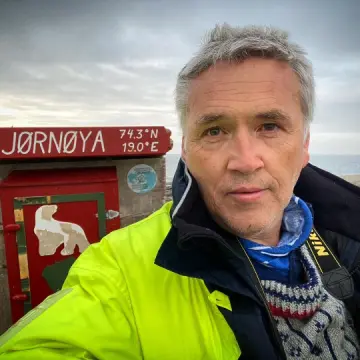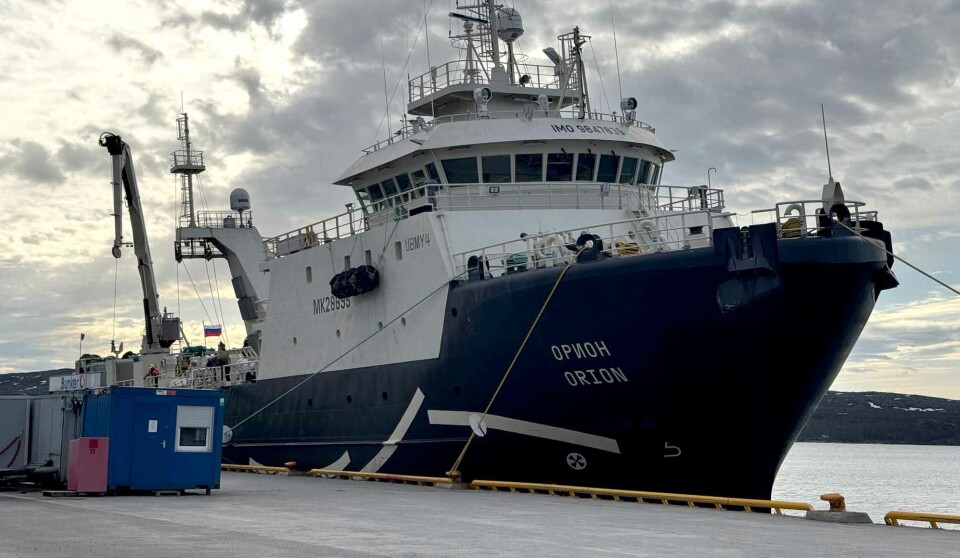
Norway kicks out Norebo and Murman Seafood in fear of intelligence gathering
The Norwegian government on Monday decided to sanction the two Russian fishing companies Norebo JSC and Murman Seafood.
With the move, Norway follows the decision by the European Union in May.
The EU listed both Norebo and Murman Seafood, the two largest Russian fishing companies which harvests in the Barents and Norwegian Seas.
According to Brussel’s 17th sanction package, the two Murmansk based companies are conducting espionage and “activities that can facilitate future sabotage operations."
"Recently we have seen increasingly aggressive Russian hybrid campaigns against allied nations. This trend is expected to continue," says foreign minister Espen Barth Eide in a press statement on Monday.
Underwater infrastructure
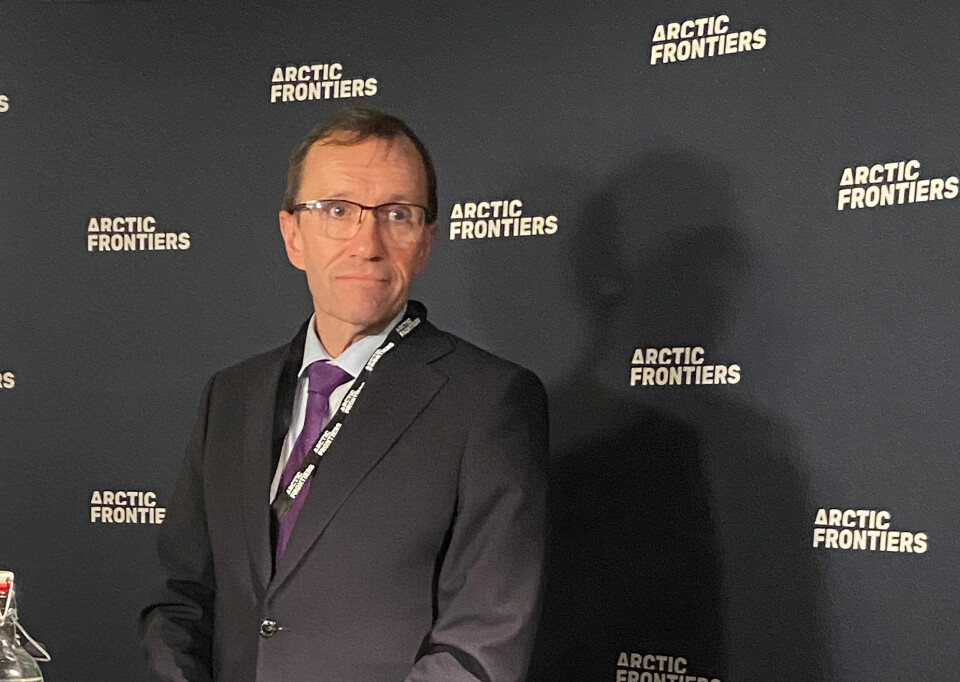
Barth Eide says the two fishing companies are "part of a Russian state-sponsored surveillance campaign and intelligence activity targeting critical underwater infrastructure in Norwegian and allied maritime areas."
"Such activity may facilitate future sabotage operations and threaten important Norwegian security policy interests," the foreign minister added.
There is a comprehensive and vast network of gas pipelines, telecommunications cables and power cables on Norway's continental shelf and to other European neighbors.
Norway cooperates with NATO on protecting underwater infrastructure.
The government says the listing of the two Russian fishing companies will be implemented into Norwegian law "as soon as possible."
"False accusations"
"The accusations brought are false," Norebo said in a statement after being listed by the EU in May.
"Norebo is entirely non-political and has only been delivering healthy and high-quality seafood for human consumption," the company underlined.
Owner of Norebo is 59-year old tycoon Vitaly Orlov. He is a friend of Vladimir Putin and is believed to have a fortune of more than $2 billion. Judging from figures from Forbes, the fortune almost doubled between 2024 and 2025.
Norebo has previously granted financial support to the elections campaign for United Russia, the largest party in the State Duma and a political structure created to back Putin in the parliament and in the regions.
Norebo and Murman Seafood stand for the majority of Russian fishing vessels making port calls to the still-open ports of Tromsø, Båtsfjord and Kirkenes in northern Norway.
Directly from Kaliningrad
One of Murman Seafood's vessels is the Melkart-5, known for its back-and-forth trawling in the waters outside Svalbard where a fiberoptic cable was cut in January 2022.
The police in Finnmark increased control of Russian fishing vessels soon after the full-scale invasion of Ukraine in 2022.
Crew from the same Melkart-5 was in August 2022 fined by the police after lowering a small boat on the water and left the harbor area in Kirkenes and set off to Langfjorden in direction of Strømmen bridge.
The bridge is close to military restricted area and considered critical infrastructure in Norway's border region to Russia.
Last week, the trawler once again made port call to Båtsfjord on Norway's coast to the Barents Sea. The vessel had then sailed directly from Kaliningrad without fishing.
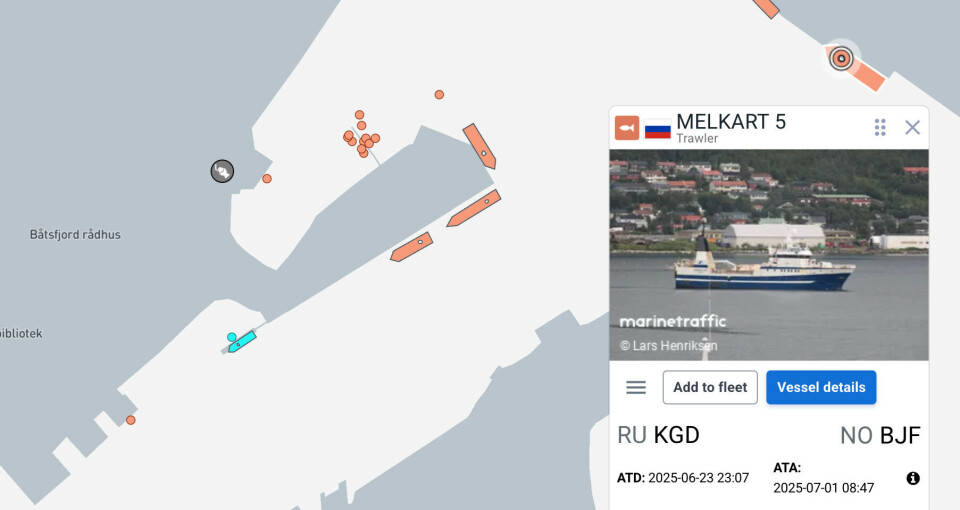
Special services
The deputy director of Murman Seafood, Arnold Kukushkin, is also a high-ranking officer of the FSB in the Murmansk from the period 2010-2015, according to an investigation by Dossier Center.
The investigation links Kukushkin to a special unit in the intelligence service that includes combat submariners and naval special forces, based on the Kola Peninsula.
Also two of Norebo's newer vessels have this winter and spring sailed directly from yards in St. Petersburg to the port of Kirkenes without fishing before docking in Norway.
Freezes funds
The Norwegian foreign ministry underlines that the listing of the two fishing companies also entails an obligation to freeze funds and assets belonging to, owned, held, or controlled by the entities, as well as a prohibition against making funds and assets available to or for the benefit of the listed entities.
Ships belonging to Norebo and Murman Seafood will in addition to being banned from ports lose access to Norwegian territorial waters.
No fishing in Norway's EEZ
"As a general rule, licenses for fishing in the Norwegian economic zone will not be granted to vessels from the two companies," the ministry makes clear after the decision on Monday.
Sanctions are one of the most important tools the international community has to respond to Russia’s violations of international law and to limit Russia’s freedom of action, the Norwegian government argues.
Russian fishing vessels have landed seafood for several hundred million euros since 2022.
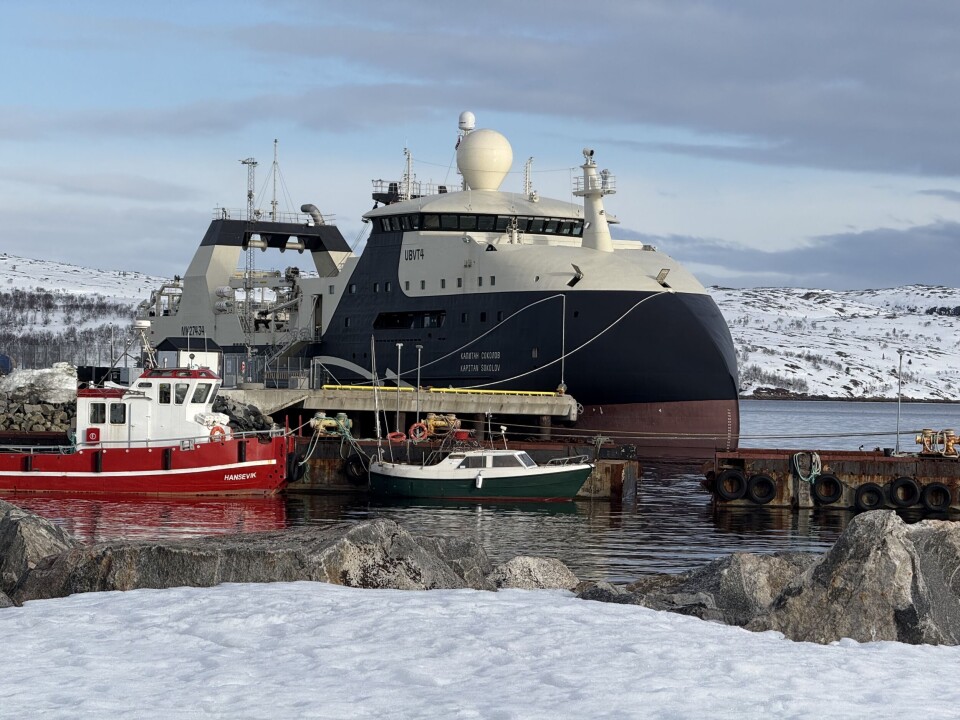
Interviewed by the Barents Observer in May, prime minister Jonas Gahr Støre said ports will still be open for Russian fishing vessels.
"We are not on the verge of saying that we are closing the ports, but they are under significantly tighter control and surveillance," Støre said.
Russia [and previously the Soviet Union] and Norway have cooperated on maintaining fish stocks with quota regulations in the Barents Sea since the 1970ties. Since the collapse of the Soviet Union, Murmansk and Arkhangelsk based companies have preferred to land fish in Norwegian and European ports as payments are far better than home in Russia.
Except Norway and to some degree the Faroe Islands, Russian flagged vessels have been banned all over Europe since the full-scale invasion of Ukraine in 2022.
Chief of Police in Finnmark, Ellen Katrine Hætta, has previously made clear that ports, for security reasons, should be closed for Russian fishing vessels.
"I think we should consider closing the ports. There are no reasons to keep them open," she said to the Barents Observer.

